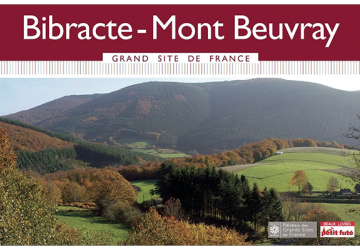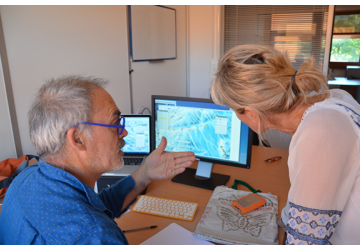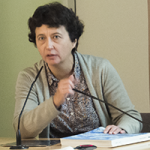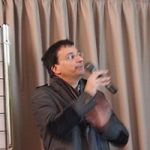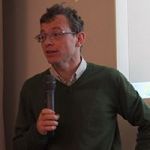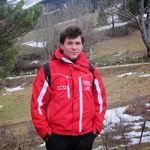Unité partenaire
LAboratoire de Recherche Historique Rhône-Alpes (UMR CNRS 5190)
UFR SH- BP 47 38040 Grenoble Cedex 9 France
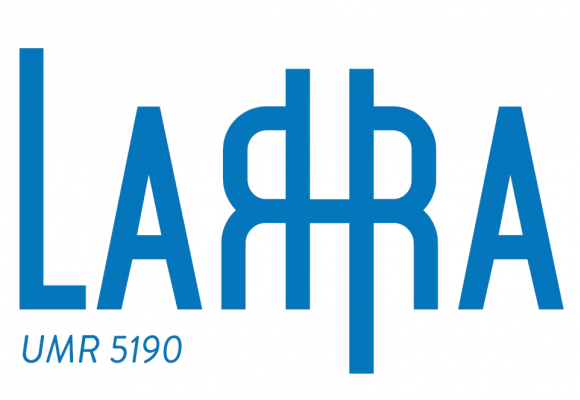
The LARHRA (Rhône-Alpes Laboratory of Historical Research) laboratory of historical research was founded in 2003 to bring together the Rhône-Alpes region's teams working on historical research, and modern and contemporary art history. It assembles researchers and teaching researchers from the Universities of Grenoble 2, Lyon 2 and 3, and the ENS (École Normale Supérieure). Its main regulatory body is the Université de Lyon 2. It is presently overseen by Bernard Hours, Professor at the Université Jean Moulin – Lyon 3.
The laboratory comprises 6 researchers, 68 teaching researchers, 10 engineers, technicians and administrative officers, 1 permanent-contract employee, 3 fixed-term contract employees, and 152 doctoral students. It is organised into five scientific teams, including the "SET" (Society, Economics, Territory) team headed by Anne-Marie Granet-Abisset, Professor of Modern History, and who is involved in the LabEx undertaking.
The SET team's scientific activities focus on the relationships between society and institutions, through the study of formal and informal practices. More specifically, it sets out to examine the configuration of the different systems of actors, both in terms of employer organisations, administrative institutions or the associative sector on the one hand, and the operation of enterprises, the construction of territories, the transmission of memories, risk management or, more generally, the construction of systems of representations on the other. This consists in dealing with the territory as a global social fact, and as a construction by different categories of actors. One of the laboratory's original features is not to limit itself solely to research carried out by decision-making actors, but to integrate anonymous actors with a view to associating individual and collective levels.
In partnership with various international institutions on the one hand (International Society for Alpine History, Institute of Alpine History - University of Lugano, the Universities of Bern, Geneva, Trento, Innsbruck), and regional heritage institutions and regional/national parks on the other, the team has developed transnational, interdisciplinary research on alpine societies and their heritage. By coordinating the reality of their operation with the resulting representations, the team contributes to reflections on paradigms in terms of the backwardness and outdatedness of these societies, or those associated with progress/modernity (which can now be replaced by innovation), and centre-periphery. These reflections on alpine societies now embrace an additional factor, that of norms and counter-norms. This prism of analysis is understood in terms of the reality of social practices and the writing of history, and of historians' responsibility for representing the societies they describe and analyse.
The team's researchers have also played an important role in the development of the social history of risks. Issues such as prevention, acceptance, human and organisational vulnerability, and remedy lie at the heart of questionings that presently concern all humanities and social sciences. Within these perspectives, the team takes a reflexive approach focused on the behaviour of societies in a crisis situation, and the integration of the knowledge of all population categories, and not merely promulgated standards or advanced and technical knowledge (especially for old periods).
Projets associés
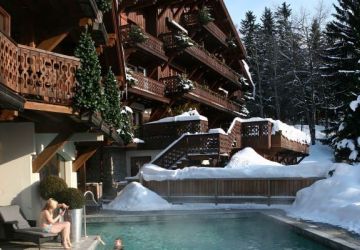
Partenariat scientifique
TSMI : Mountain eco-system of Sport Tourism in the Rhone-Alps region and Innovation dynamics
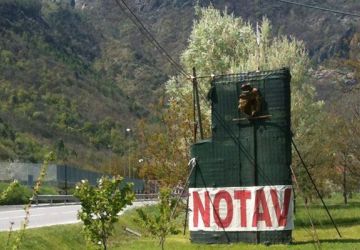
Porteur du projet
TeLiMéP : Territoriality, Liminality and Metropolisation Peripheries
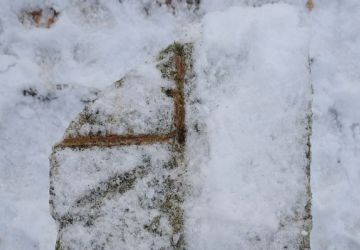
Porteur du projet
InnoMont : Négocier l’innovation, lectures montagnardes
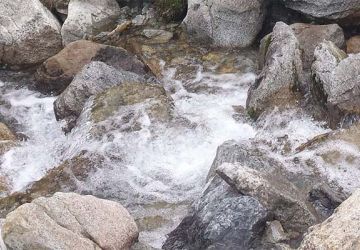
Partenariat scientifique
Le rôle des PME au sein de dynamiques de développement territorial durable

Porteur du projet
Laboratoire d'Excellence Innovation et Territoire de Montagne
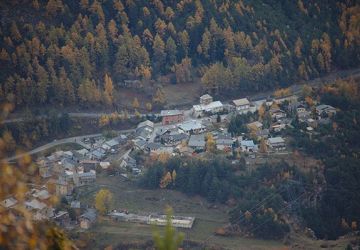
Porteur du projet
The "Chantier Maurienne" project: an ITEM application laboratory
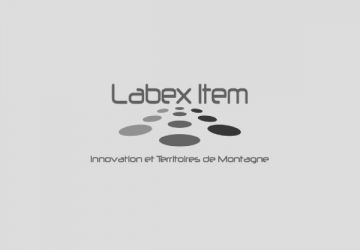
Partenariat scientifique
Workshop for Prospective Thinking on a future research programme in Moyenne and Haute Maurienne
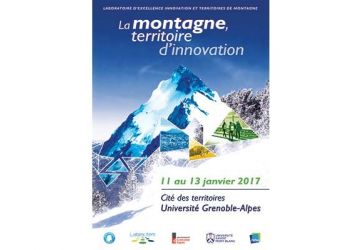
Partenariat scientifique

